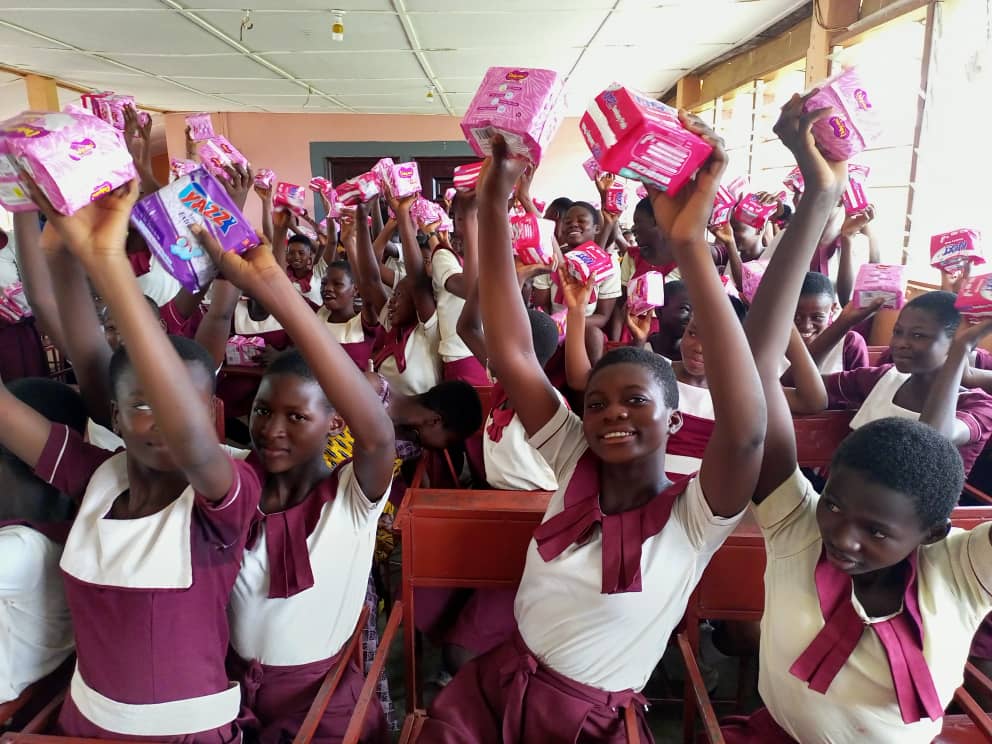“We will remove import duties on sanitary pads to improve health outcomes for girls while supporting local production to meet demand, complete the ongoing digitisation initiatives, while also increasing the manpower resources in the healthcare sector. We will invest in expanding infrastructure in medical schools to train more doctors, and streamline the admission of foreign-trained doctors into Ghana,” portions of the NPP’s 2020 manifesto read.
Two years down the line, the NPP is yet to fulfil its promise of scrapping the taxes on sanitary products while boosting local production of same.
Currently, 20% luxury tax and 12.5% VAT apply to each sanitary pad that is imported into the country. These taxes according to many, have made the commodity very expensive and inaccessible to many vulnerable girls in Ghana.
The Upper East Regional Secretary of the Coalition of NGOs in Health, Patrick Anamoo, speaking on the Day Break Upper East Show was disappointed that the government had failed to remove the taxes despite its solemn promise ahead of the 2020 general election.
“The Coalition was part of a regional platform formed by the Youth Harvest Foundation. Before the 2020 election, we did a stakeholder engagement and basically, sanitary pads were key in that discussion.”
“We picked these manifestos from the political parties, and at the regional level, I think the Regional Chairman or Secretary of the NPP was there at the meeting. The NDC had a rep there too. We made them sign a commitment, and sanitary pads were key.”
We made them sign a commitment and sanitary pads were key. After the party won the elections, we went back to the Regional Minister and reminded him of their pledges, especially regarding sanitary pads; the removal of taxes on sanitary pads.”
“At this time, I do not think it is done,” he said.
The cost of sanitary pads provides a humongous challenge for girls in deprived areas.
“It is one of the key causes of teenage pregnancies in the region. It is a big issue for us,” Mr. Anamoo added.
Source: A1radioonline.com|101.1MHz|Mark Kwasi Ahumah Smith|Ghana


